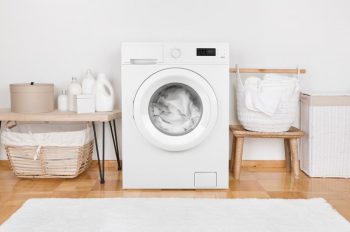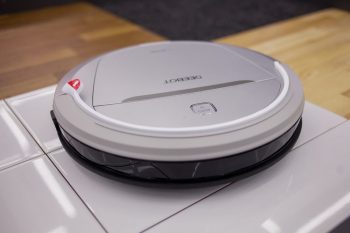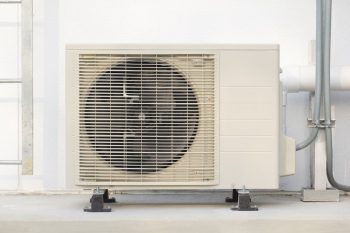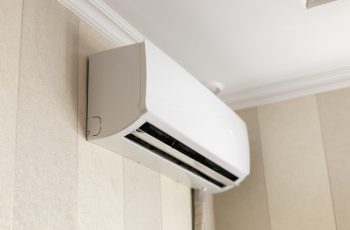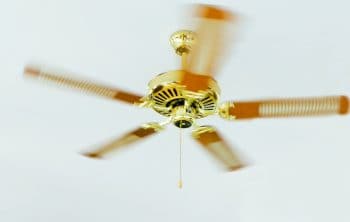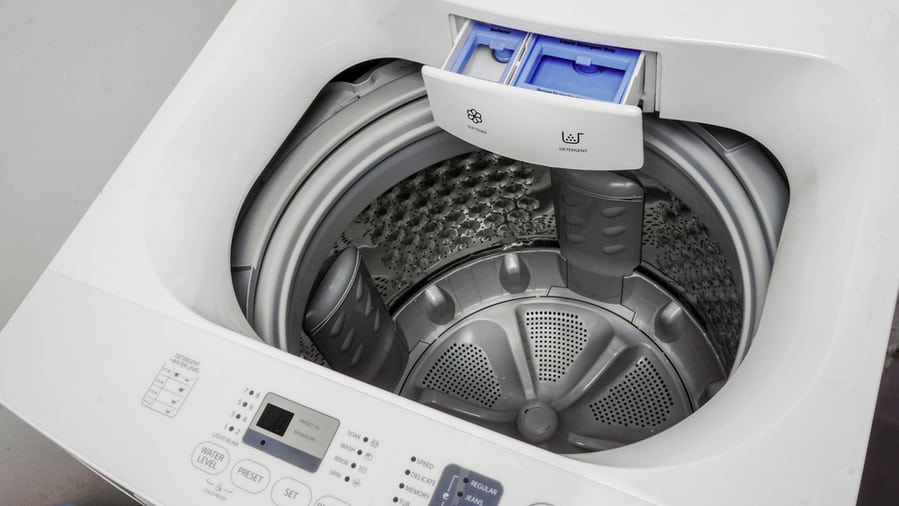
When was the last time you washed and drained your washing machine?
It’s common for homeowners to think that because washing machines clean clothes, they must also clean themselves during every cycle. But that’s not necessarily the case.
The truth is that washing machines can become exceptionally dirty and contaminated with bacteria and microbes.
So if you want to ensure that your clothes come out clean, you must wash and drain your washing machine regularly. But how often should that be? Here are the guidelines.
- Your washing machine requires routine cleaning and draining to function properly.
- Experts recommend a cleaning schedule of at least once every two months.
- Cleaning your washing machine on a routine schedule guarantees efficient performance and protects your warranty.
- Proper care for your washing machine, like drying its tub after each use and reducing the detergent on your load, can help keep it cleaner for longer.
Just because a washing machine washes clothes doesn’t mean it does the same for itself. On the contrary, washing machines can accumulate filth and contaminants over time.
Unfortunately, your washer can not clean this independently, so you may have to perform manual cleaning even so often.
How Often Should You Clean a Washing Machine?
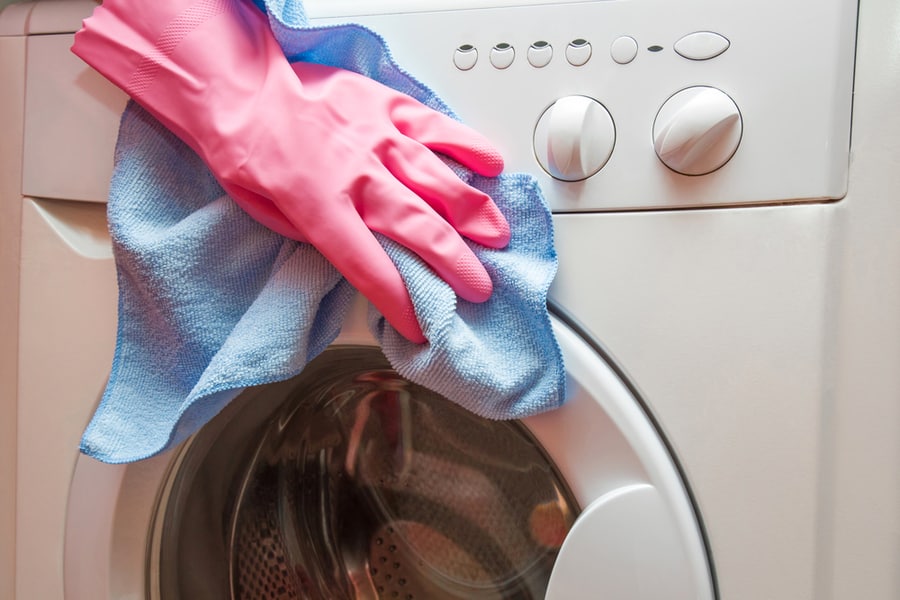
According to resources, a washing machine should be cleaned at least once every two months. This pertains to a more intensive cleaning that targets a washing machine’s different parts, including its interiors.
Cleaning on this tight routine schedule guarantees that your washing machine stays clean all year round.
Why Should You Clean Your Washing Machine?
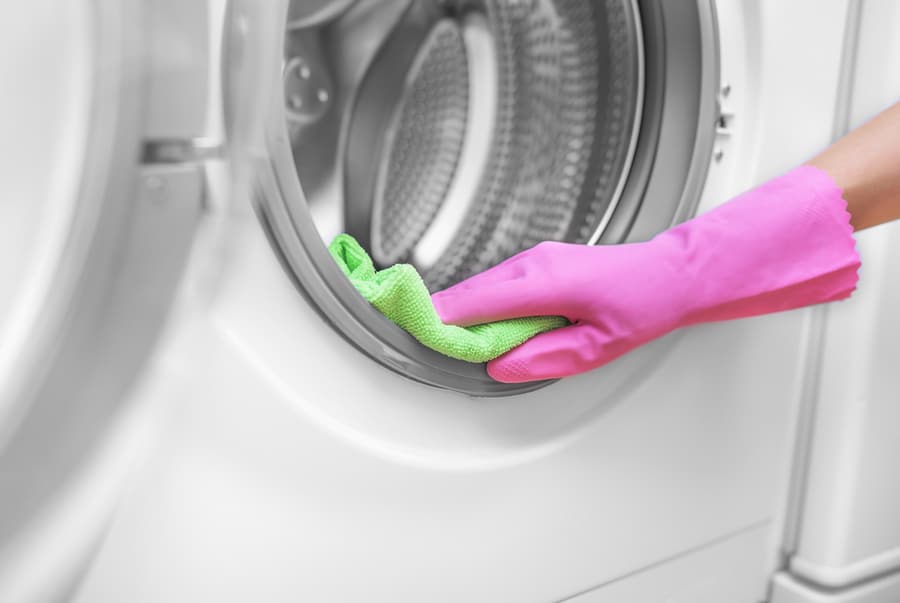
You would be surprised to know how much filth a washing machine can contain.
When loaded with detergent and fabric conditioner, washing machines (especially front-load models) can accumulate excess suds and foam that a rinse cycle can’t wash out.
If you have a high-efficiency unit, it will reduce your water intake to lower your water bills, but this, in effect, also risks a greater accumulation of suds.
Over time, these suds can turn into a thick paste that invites bacteria and microbes. These can lurk in the various nooks and crannies inside your washing machine.
In some cases, your washing machine could develop a foul odor. This can affect the quality of future cycles, directly impacting the fragrance of any clothes you attempt to wash.
Another thing to remember is that the warranty of your washing machine depends on how well you take care of it.
The manufacturer often refuses to service a washing machine damaged by irresponsible ownership, including a lack of maintenance.
How To Keep Your Washing Machine Clean
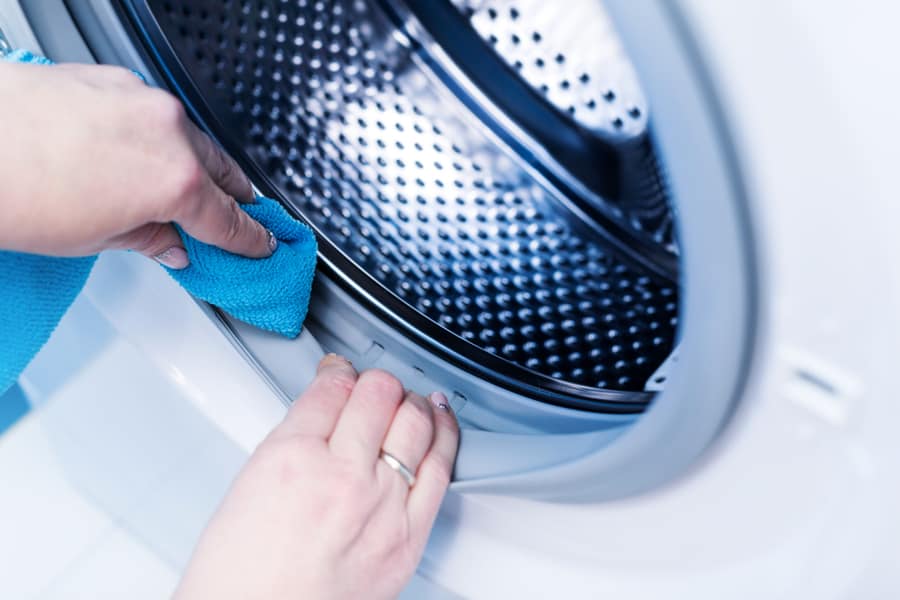
- Use less detergent and fabric conditioner.
- Wipe the interiors after every wash to reduce moisture.
- Leave the door open for a few minutes after each use to release pent-up moisture.
- Clean your washing machine once every two months.
- Use a washing machine cover when your unit is not in use.
- Choose high-quality soaps and fabric conditioners.
Takeaway
Just because your washing machine is programmed to wash doesn’t mean it cleans itself as it performs every cycle. So manually wash and drain your machine to keep it in proper condition.
This won’t only protect your washing machine against damage but will also guarantee the quality of future laundry washing outcomes.
Frequently Asked Questions
Can I Clean a Washing Machine With Baking Soda and Vinegar?
The baking soda and vinegar combination is as old as time. However, without a commercially-sold cleaning solution, you may be able to use vinegar and baking soda.
Ensure you avoid mixing the two and use enough rinse cycles to eliminate residue.
Can I Run an Empty Cycle To Clean My Washing Machine?
Yes, an empty cycle loaded with baking soda, vinegar, bleach, or a commercial washing machine cleaner can clean parts of your machine, but not all.
You will have to perform manual cleaning regarding nooks and crannies, especially the gasket of a front-load washer.



